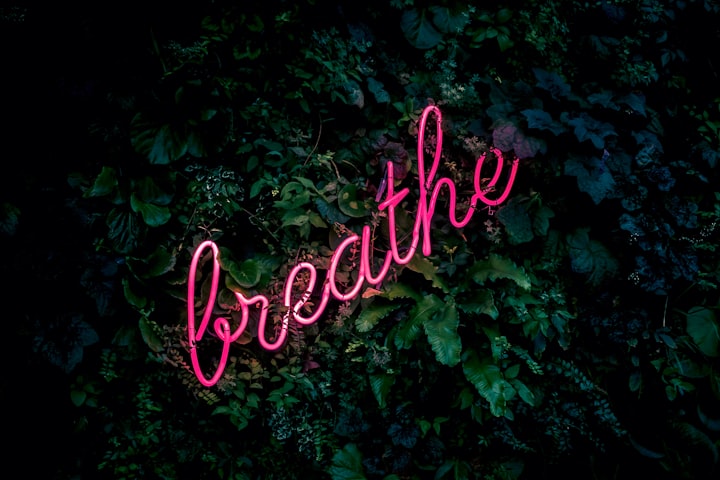
Breathing efficiency is crucial because it ensures an adequate supply of oxygen to the body and facilitates the removal of carbon dioxide, supporting overall health and well-being. Efficient breathing enhances physical performance, mental clarity, and reduces stress. It also promotes better cardiovascular and respiratory health, making it essential for maintaining a balanced and active lifestyle. Proper breathing techniques can help optimize oxygen intake and provide numerous benefits to both physical and mental functions.
Breathing problems have become more common today due to several factors, including increased air pollution, environmental degradation, allergies, and changes in lifestyle. Additionally, the rise in respiratory diseases like asthma and chronic obstructive pulmonary disease (COPD) may also contribute to the increased prevalence of breathing issues. If you are experiencing any respiratory problems, it's essential to seek medical advice promptly.
Here are 50 tips to help avoid breathing problems:
1. Avoid smoking and exposure to secondhand smoke.
2. Keep indoor spaces well-ventilated.
3. Maintain a clean and dust-free living environment.
4. Use air purifiers to reduce allergens and pollutants indoors.
5. Regularly clean air conditioning filters.
6. Avoid strenuous physical activities in highly polluted areas.
7. Monitor air quality levels before going outside.
8. Wear a mask in polluted or dusty environments.
9. Practice deep breathing exercises to improve lung function.
10. Stay hydrated to keep mucus membranes moist.
11. Avoid exposure to strong fumes and chemical irritants.
12. Limit time spent outdoors during high pollen seasons.
13. Manage allergies and hay fever symptoms with medications.
14. Keep pets out of bedrooms to reduce allergens.
15. Maintain a healthy diet with plenty of fruits and vegetables.
16. Exercise regularly to strengthen respiratory muscles.
17. Maintain a healthy weight to reduce strain on the lungs.
18. Use a humidifier to keep indoor air moist.
19. Avoid close contact with individuals who have respiratory infections.
20. Get vaccinated for influenza and other preventable respiratory diseases.
21. Practice good hand hygiene to prevent the spread of infections.
22. Wash your hands before touching your face or eating.
23. Avoid using strong cleaning products with harsh fumes.
24. Limit exposure to outdoor air pollution on high smog days.
25. Take breaks during physical activities to catch your breath.
26. Avoid sleeping in rooms with mold or dampness.
27. Elevate your head while sleeping to improve breathing.
28. Maintain good posture to allow for proper lung expansion.
29. Avoid exposure to indoor air pollutants like tobacco, wood, or gas stoves.
30. Attend regular check-ups with your healthcare provider.
31. Take prescribed medications as directed for chronic respiratory conditions.
32. Manage stress, as it can affect breathing patterns.
33. Practice good oral hygiene to prevent respiratory infections.
34. Avoid exposure to outdoor allergens by keeping windows closed.
35. Reduce the use of scented products that may trigger allergies.
36. Learn and practice proper breathing techniques.
37. Avoid using aerosol sprays and air fresheners.
38. Wear appropriate protective gear when working with chemicals or dust.
39. Use a mask or scarf to cover your nose and mouth in cold weather.
40. Avoid crowded places during flu season.
41. Stay informed about local air quality forecasts.
42. Practice regular aerobic exercises to improve lung capacity.
43. Limit exposure to air pollution from vehicles and factories.
44. Seek medical attention promptly for any respiratory symptoms.
45. Quit smoking if you are a smoker.
46. Consider using a nasal strip if you have nighttime breathing problems.
47. Maintain good dental health to prevent oral infections that can affect breathing.
48. Avoid smoking or vaping electronic cigarettes.
49. Use fragrance-free and hypoallergenic household products.
50. Stay informed about respiratory health issues and follow guidelines for prevention.
Please note that these tips are general recommendations and may not be suitable for everyone. If you have specific respiratory concerns, it's best to consult with a healthcare professional for personalized advice.
About the Creator
Shamreena
Spread love and be loved by love💌.






Comments
There are no comments for this story
Be the first to respond and start the conversation.